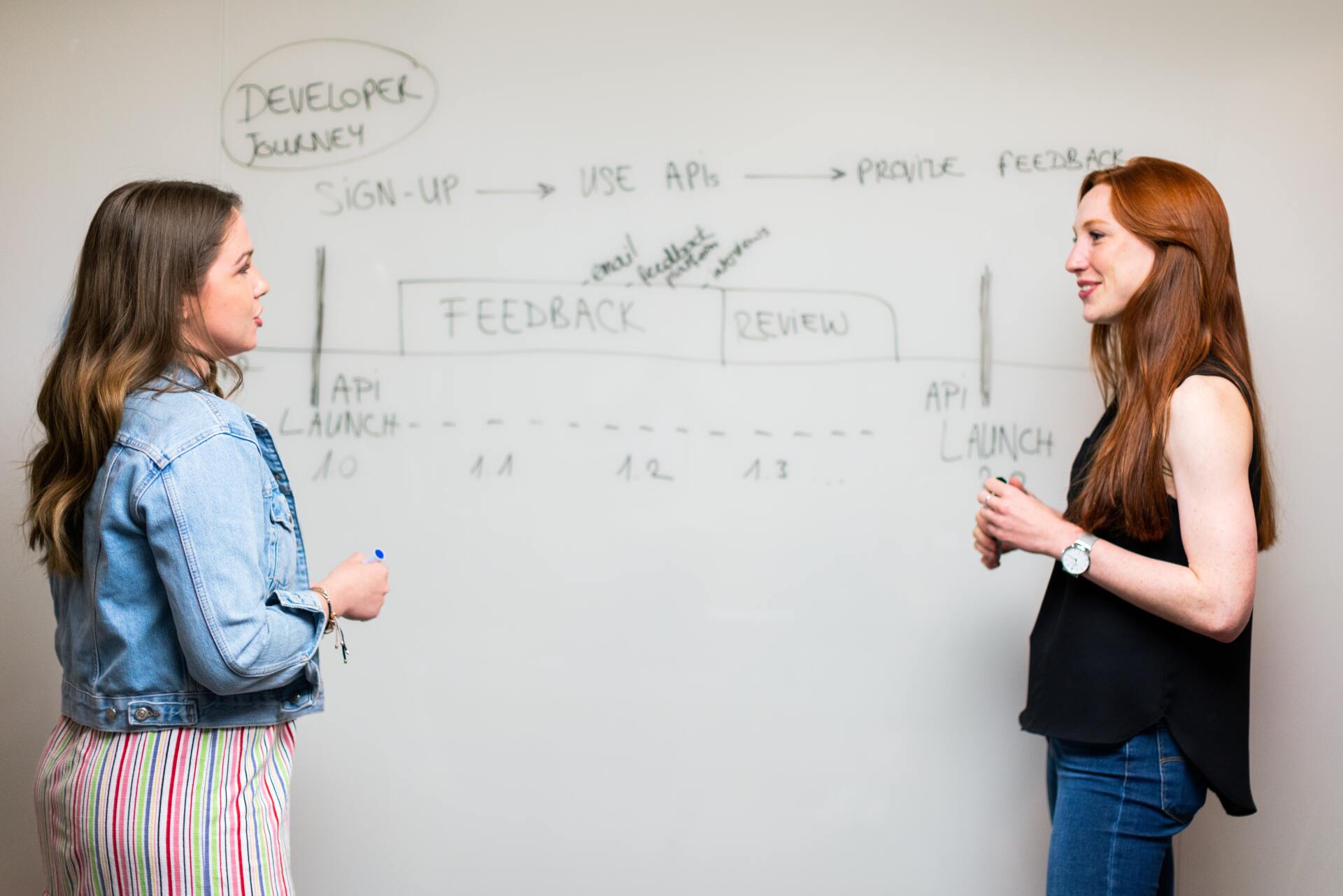Python
What is Python?
Python is a high-level, interpreted programming language known for its simplicity and readability. Guido van Rossum developed Python in the late 1980s as a general-purpose language designed to emphasize code readability and maintainability. It has since gained significant traction due to its powerful features, extensive libraries, and thriving community.
Why choose Python?
- Extensive Python Libraries and Frameworks: PythonTech harnesses the power of numerous libraries and frameworks, enabling you to build robust and scalable applications. From web development (Django, Flask) to scientific computing (NumPy, SciPy), data analysis (Pandas), machine learning (TensorFlow, PyTorch), and more, our tech stack encompasses the most popular and trusted tools in the Python ecosystem.
- Simplified Syntax: Python's simplicity and readability make it an ideal language for developers of all skill levels. PythonTech provides resources, tutorials, and examples that demystify complex concepts, allowing you to write clean and elegant code. Whether you're a beginner or an expert, PythonTech is your gateway to mastering Python's syntax and best practices.
- Cross-platform Compatibility: PythonTech empowers you to build applications that run seamlessly across different platforms and operating systems. Develop software for Windows, macOS, Linux, or even deploy your code on the cloud effortlessly. Python's versatility ensures that your projects are not limited by platform constraints.
- Thriving Community: Join our vibrant community of Python enthusiasts, where you can connect with like-minded individuals, seek help, and collaborate on exciting projects. PythonTech fosters an environment of knowledge sharing and continuous learning. Stay updated with the latest trends, attend workshops, and expand your professional network with PythonTech.
- Endless Possibilities: PythonTech opens doors to a vast array of applications. From building web applications, automation scripts, data analysis tools, AI-powered solutions, and much more, Python's versatility allows you to pursue any project you can imagine. PythonTech equips you with the knowledge and tools to bring your ideas to life.
Python Jobs
Key Features and Benefits:
- Versatility: Python is a versatile language that can be used for a wide range of applications, from web development and data analysis to scientific computing and artificial intelligence. Its flexibility allows developers to tackle various projects efficiently.
- Easy to Learn and Readable Syntax: Python's syntax is designed to be clean, readable, and intuitive. The language emphasises code readability, making it easier to understand and maintain. Python's simplicity accelerates the learning curve, allowing developers to write code faster and with fewer errors.
- Vast Library Ecosystem: Python boasts an extensive collection of libraries and frameworks that provide ready-to-use solutions for different domains. Whether you need to work with data (NumPy, Pandas), build web applications (Django, Flask), or develop machine learning models (TensorFlow, PyTorch), Python has you covered. These libraries reduce development time and enable you to leverage powerful functionalities with minimal effort.
- Excellent Community Support: Python has a vibrant and supportive community of developers worldwide. This community contributes to the constant improvement and expansion of the language by creating open-source libraries, sharing knowledge, and offering guidance. Finding answers to your questions or getting help with Python-related challenges is just a click away.
-
- Scalability and Integration Capabilities: Python's scalability is a major advantage for both small and large projects. As your application grows, Python can handle increased workloads without sacrificing performance. Additionally, Python seamlessly integrates with other languages like C/C++ and Java, allowing you to leverage existing codebases and infrastructure.
How to get started in DevOps
- Install Python: Begin by installing Python on your computer. Visit python.org and download the latest version compatible with your operating system. Follow the installation instructions to set up Python successfully.
- Choose an Integrated Development Environment (IDE): An IDE simplifies the coding process by providing tools like code editors, debuggers, and project management. Recommended IDEs for Python include PyCharm, Visual Studio Code, and Jupyter Notebook.
- Learn the Basics: Familiarise yourself with Python's fundamental concepts, such as variables, data types, operators, control flow statements (if-else, loops), functions, and error handling. Online platforms like Codecademy, Coursera, and SoloLearn offer interactive Python courses for beginners.
- Practice, Practice, Practice: Apply your knowledge by writing code. Start with small projects and gradually tackle more complex challenges. Practice not only helps reinforce concepts but also enhances your problem-solving skills.
- Explore Python Libraries: Python boasts a vast ecosystem of libraries that extend its functionality. For example, Pandas for data analysis, NumPy for scientific computing, Flask for web development, and TensorFlow for machine learning. Find libraries relevant to your interests and experiment with them.
- Join Python Communities: Engage with fellow Python enthusiasts through forums like Reddit's r/learn python and Stack Overflow. Participate in discussions, ask questions, and learn from experienced developers. Networking within the community can provide valuable insights and inspiration.
- Work on Real-Life Projects: Apply your Python skills to real-world projects. This could involve creating a web scraper, building a simple game, analysing a dataset, or developing a chatbot. Building projects helps you gain practical experience and showcases your abilities to potential employers or collaborators.
- Continue Learning: Python is a constantly evolving language with new updates and features. Stay up to date by reading books, following blogs (such as Python.org and Real Python), subscribing to YouTube channels, and exploring advanced topics like object-oriented programming or multithreading.






